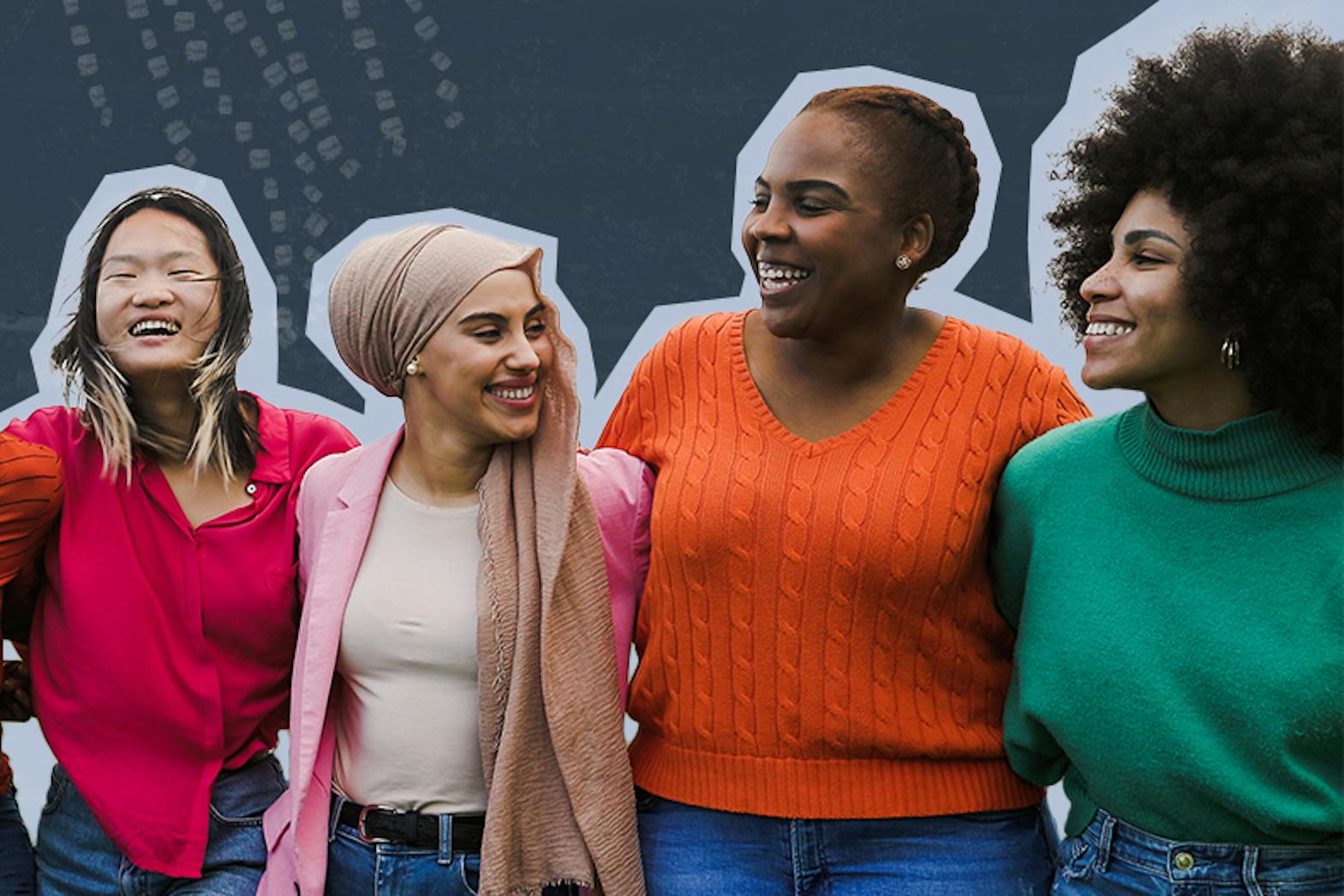While gender bias persists, at Narratives Inc., we work to fundamentally emphasize the importance of including all voices.
We ensure that women not only have a seat at the table but also that their voices are heard, amplified, and included. We value creating space that respects the unique lived experiences of all those who identify as women and advocate for transformative change.
This International Women’s Day, team members reflect on the significance of women’s voices being represented, included, and empowered for positive change.
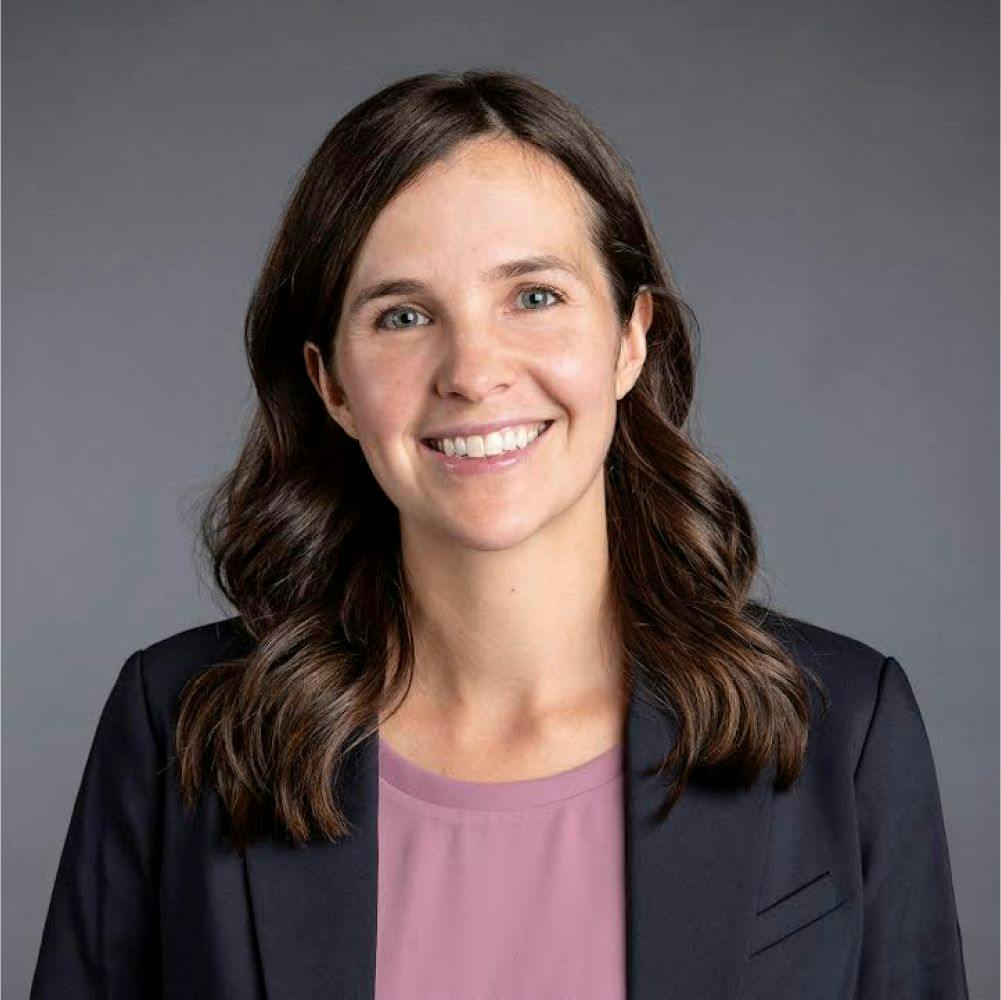
Brigette DePape
Project Manager | Climate Planner
I find it refreshing to be part of women-led spaces, like working at Narratives. In a society that is often male-led, I notice that women-led spaces generally feel different to me. It’s little things like having menstruation products in the bathroom and snacks in case you are hungry. It’s also bigger things, like thinking about women in our project work, including how they are disproportionately impacted by climate change and need to be decision-makers in net zero planning and adapting to climate change. I appreciate the friendship and allyship from men, women, and non-binary people who are open to listening, sharing, and learning together.
When women are part of decision-making, there are so many benefits in terms of creativity, thinking about sustainability and future generations, and, one I find especially important, centring empathy in dialogue and decision-making. I’m grateful for our team’s work with Clan Mothers, led by Indigenous women, who highlight the importance of listening with the heart. People of all genders benefit when space is made to engage our full selves, including heart, spirit, minds, and physical selves, in our lives and work.
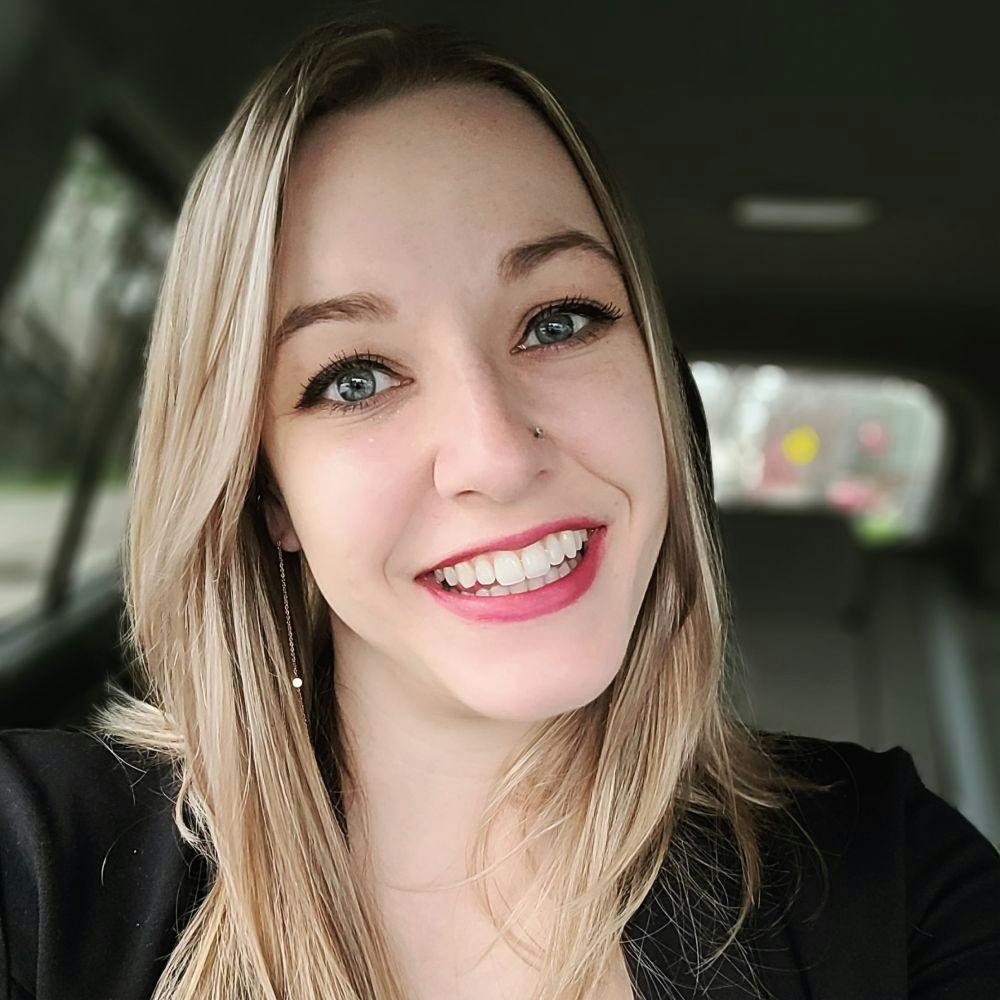
Bryce Gallant
Project Manager
When I reflect on the importance of advancing the support for women’s voices, I think about how stories, history, and knowledge are gendered. The way we capture and articulate the world around us is embedded with language that shapes how men and women, gender diverse folks, the oppressed and the oppressor are perceived, are remembered, and ultimately how their knowledge and being a human is valued.
As things are shifting and women’s voices are increasingly being included in different spaces, I see the vast, beautiful, and vibrant experiences, stories, and knowledge that women bring to the proverbial table. I see women bringing strength, compassion, vulnerability, laughter, and heartbreak into mainstream spaces that allow others to feel seen and heard. The increase of women’s voices being included in knowledge-building means that our stories, histories, and knowledge are widening in perspective, and we are challenging the status quo of whose voice, whose knowledge, and whose history matters.
In my work at Narratives, I’m not only asking those questions from a decolonial perspective, but I actively strive to challenge patriarchal ideas about knowledge creation by critically examining how knowledge is being created, who is creating knowledge, and how and by who is knowledge being validated.
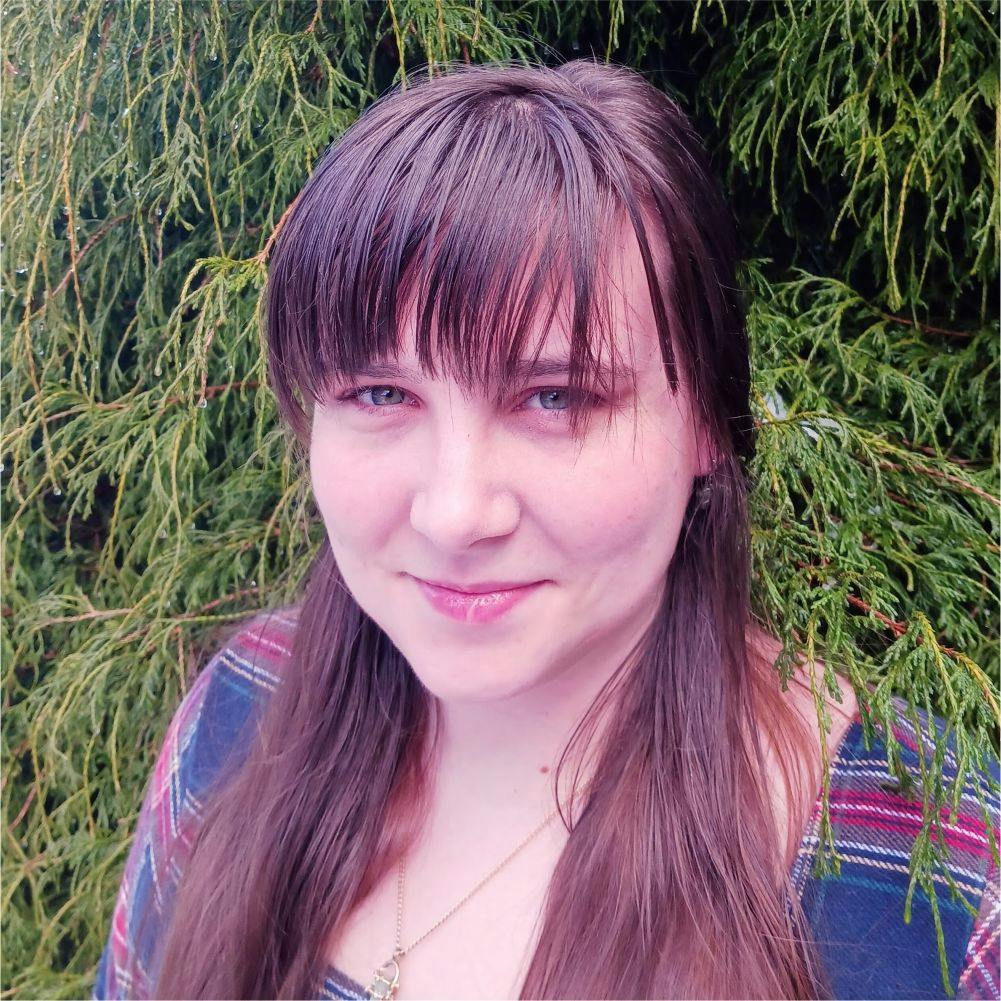
Charmain Schocat
Qualitative Data Analyst
For myself, I became truly aware of the impact of gender dynamics in the workspace when I began working in the heavily male-dominated resource development industries as an archaeologist. We would stay in mining and forestry camps, oftentimes with myself and maybe one another woman staying in a camp of a few hundred men at a time. I quickly realized the value of having another woman present—even if we were strangers. Our shared gender experience created a safe space, emphasizing the importance of women’s voices and presence in the workplace (in a metaphorical and physical sense).
The workplace I’m in now is more female dominated, but I carried the lessons learned from my time in the camps, the importance of developing bonds of “sisterhood” with other women. Shared gender-based experiences, insight, and simply learning how other women deal with or have dealt with discrimination based on their sex has been crucial in my own navigation as a woman in the professional sphere. I wouldn’t be where I am today without the mentorship and guidance I’ve received from older women and their experience in breaking stereotypes and barriers for women in personal and professional spheres.
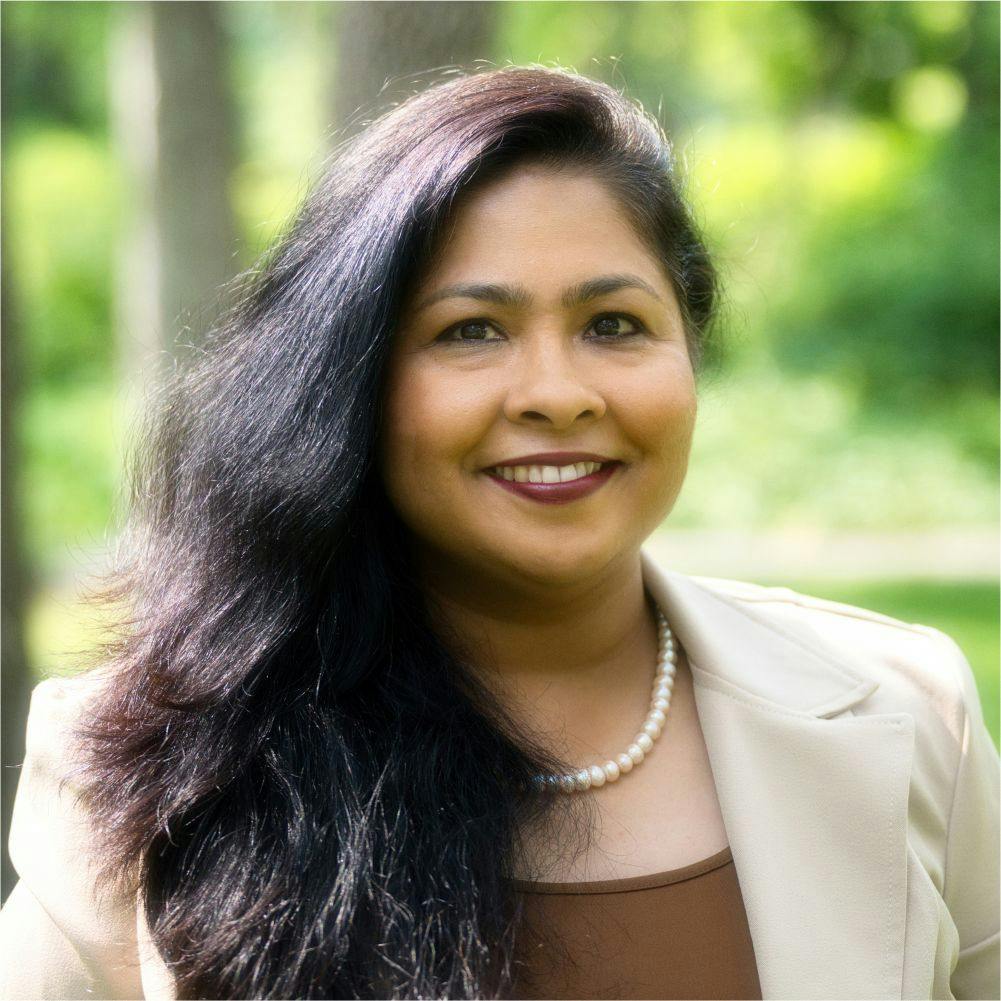
Durdana Islam
Project Director | Climate Planner
Empowered women empower women. I grew up in a matriarch household. I watched my mother shatter glass ceilings in a society where women were valued as less than. My mother is a physician. In the 1980s in Bangladesh, 99% of physicians were male, and here she was, paving the way for not only herself but for all the women who came after her. My mother raised me and my sister in a way that we were always taught that the sky was the limit. She told us that we could become anything we wanted and do whatever we set our mind to. She was the first female voice that I listened to and one that was the most impactful on my life. My mother helped me achieve my dreams and was with me every step of the way, including caring for my children so that I could write my PhD thesis. Her support was a constant force for me. When women have the opportunity to achieve greatness, we succeed, and not only that, but it allows us to create generational stories of success. Because my mother empowered me, I am now able to empower my daughter to achieve her dreams. It's crucial, now more than ever, that we amplify female voices and give women seats at tables they have fought so hard to be at. It means fostering an environment where women feel valued, respected, and empowered to share their unique narratives and talents. This not only benefits individuals but also leads to stronger and more resilient communities and organizations.
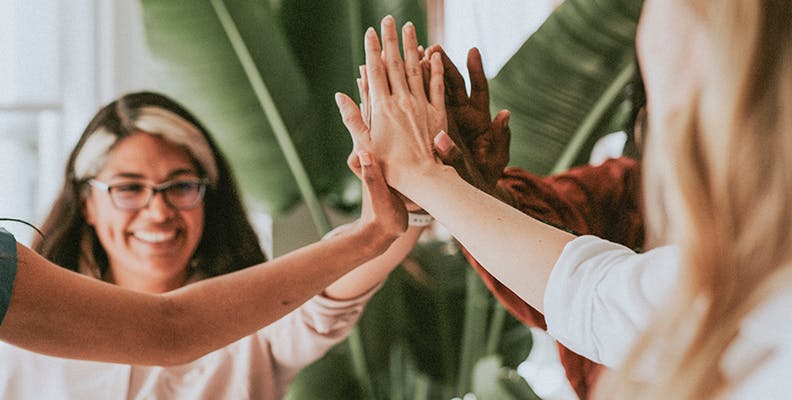
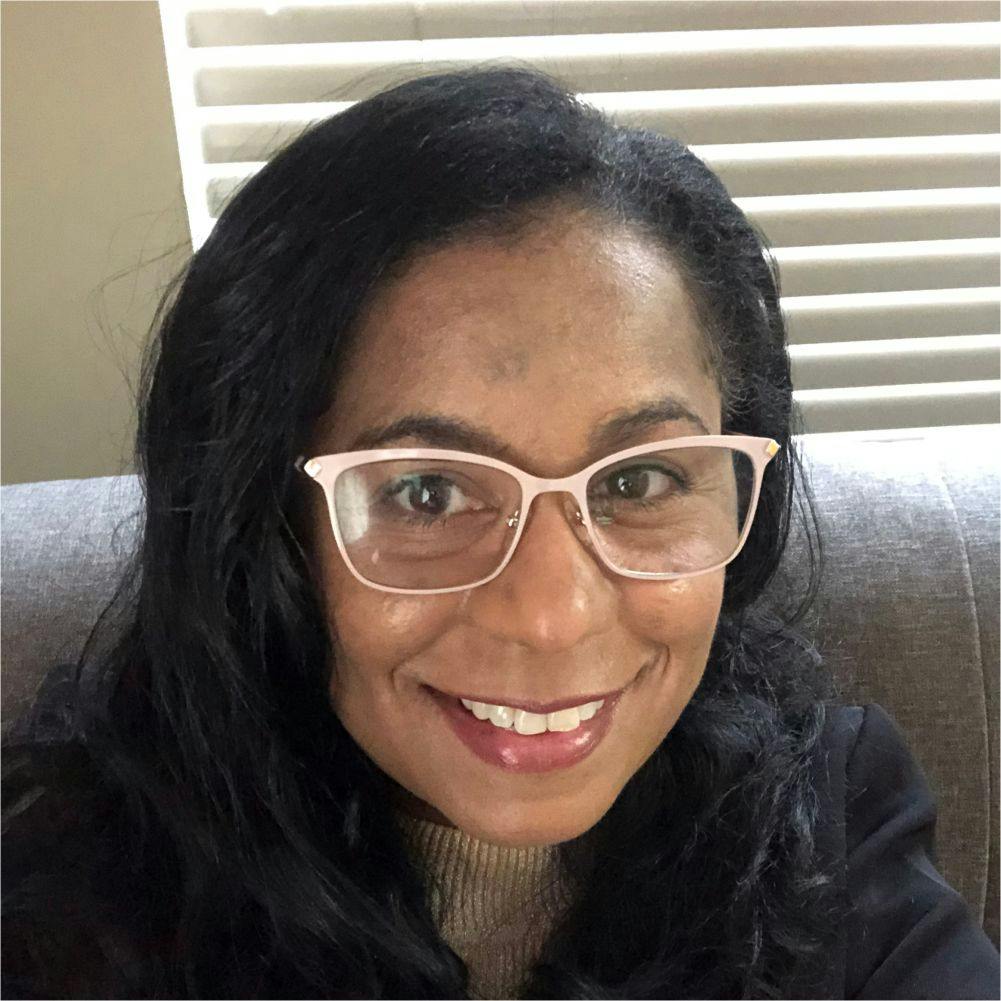
Gabrielle Elbourne
Senior GIS Analyst
There was a time in my life when I was told by people around me that pursuing the field of drafting was a dead end. That it was a “Man’s job” and that I would not get a job in that field because of my gender. They suggested that I should be a clerk or a teacher. Not that anything is wrong with those professions. It was the judgemental ways that peers defined professional gender lines that was quite surprising to me.
I was the type of person who decided to break down some of these barriers. Not only did I complete the Drafting course, but I also advanced into a career using Geographic Information Systems, which I absolutely love and get to use at Narratives Inc. every day!
There should never be a profession with gender lines drawn because that can hinder growth and new perspectives. Women should be inspired to be included in any profession, at any level and enter conversations without fear. To build together, grow together, and make this world into what we all dream it could be.
Can you imagine? A world where women and girls are respected and are free to pursue their dreams? I CAN!
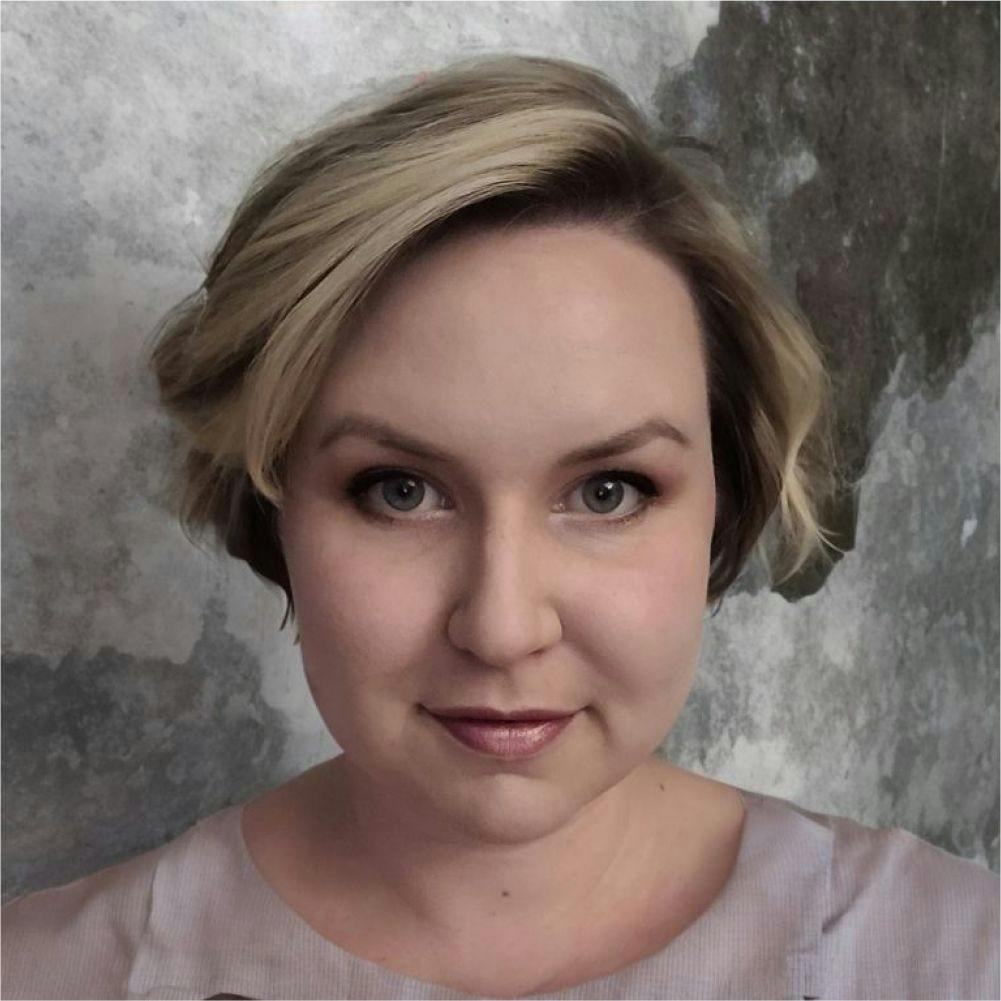
Miranda Crowe
Executive Assistant
Little girls can't be what they can't see. I remember the first time I heard this expression. Such a short sentence said to me in an offhand conversation, yet its impact was profound. I reflect upon this statement often, recognizing how important it has been to me on my journey and throughout my career. I want to be able to look back and know that I helped lift up other women and held space for their voices to be heard.
The more that young women see other women included in the workplace, in high level positions, and in predominantly male professions, the more they will be able to see their potential. The more power we give to the female voice, the more power we have to lift women into roles they may never have imagined themselves to be in. It's important that we share every aspect of their stories: success, of course, but also failure, triumph, grief, joy, and everything in between. Women hold so much strength and knowledge, and letting the world see all of their steps forward and sometimes the struggles and steps backward, I hope, will inspire the next generations of women to do anything they can dream of.
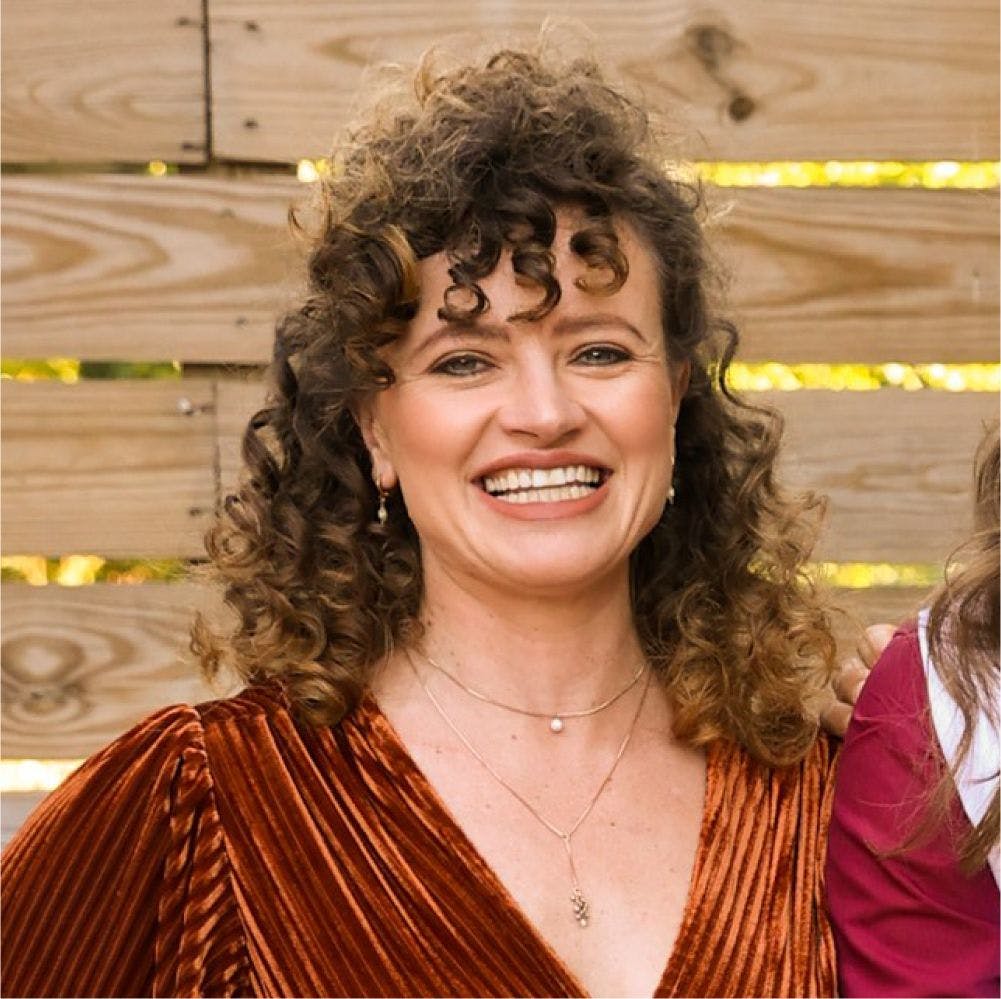
Mya Wheeler
Senior Researcher
It is said that all beings hold duality of forces: light and dark, hot and cold, feminine and masculine. This then implies that we all have the potential for endless possibilities of expression. The feminist geographer Doreen Massey, a major theoretical inspiration of mine, called this “simultaneous multiplicities” and argued that no body can ever be fully held to one version of itself in space-time. What does this mean in the context of asking; what is the contribution of a woman?
As a critical feminist geographer, I think much on the possibilities of people as places unbound by traditional social categories. This also means understanding all the many ways that people are limited by geographic social conditions that determine where a body can and can’t be and what type of body it should be when it is there. It is vital to know where we are before we can find our way.
So perhaps this: A woman is a dance. On one spin, we are stifled, controlled, excluded, demanded, overworked, and undervalued. On the next spin, we are vibrant, agency-holding, empowered and unstoppable forces of transformation.
The truth is all bodies dance this dance. All bodies hold sorrow, grief, hope and joy. No one body is truly alone. We all share experiences and pass them on through life and death.
Celebrating women to me as a philosopher is about embracing this dance, this duality. There are a lot of challenges out there for bodies who identify as women, but we are not defined by our challenges. We are defined by our dance.
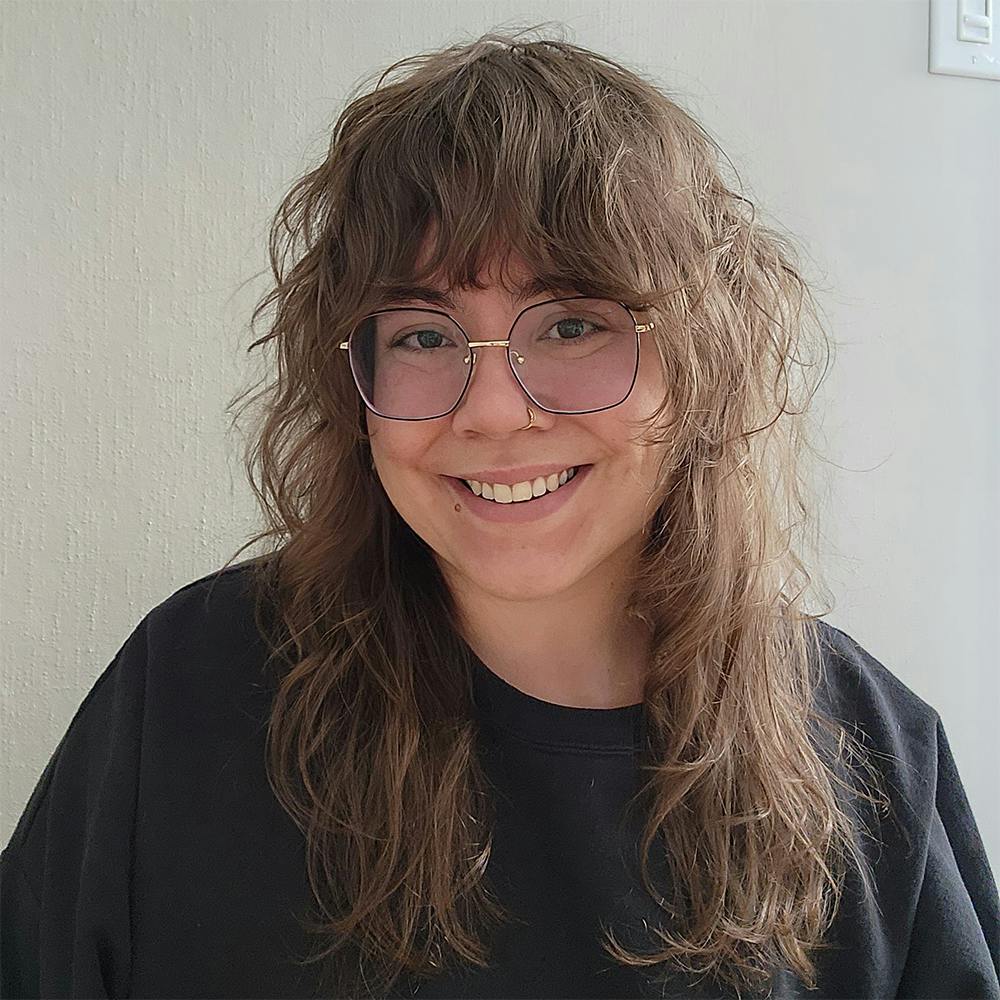
Sam Kobewka
Document Controller
Being a woman seeking help in the medical system can be an arduous task. As a young girl/woman struggling with pain, being told it’s “probably just your period” and “you’re too young” set the stage for how I continued to interact with the medical system going forward. Painful joints, immobilizing back pain, migraines and bloating that could only be abated by fighting insomnia for the right to sleep because you can’t feel pain when you’re unconscious.
Fast forward to adulthood, a full-fledged woman, and begging specialists you’re sent to for help. Because you’re terrified, everything is much worse than it was, and now there’s a lump under your arm, and no one wants to do anything about it. “Breasts are lumpy.” “Your period.” “You’re still just too young.”
Unfortunately, cancer doesn’t care about whether you’re too young, having your period, or a woman.
Being a woman in the medical system can be an arduous task, but you’re worth fighting for. If you think something is wrong, keep fighting. After six years of fighting, I found someone willing to listen. A fellow woman who shared my frustration, who did what so many refused to do. Now, I can get the help I deserve, even though I am a woman.




